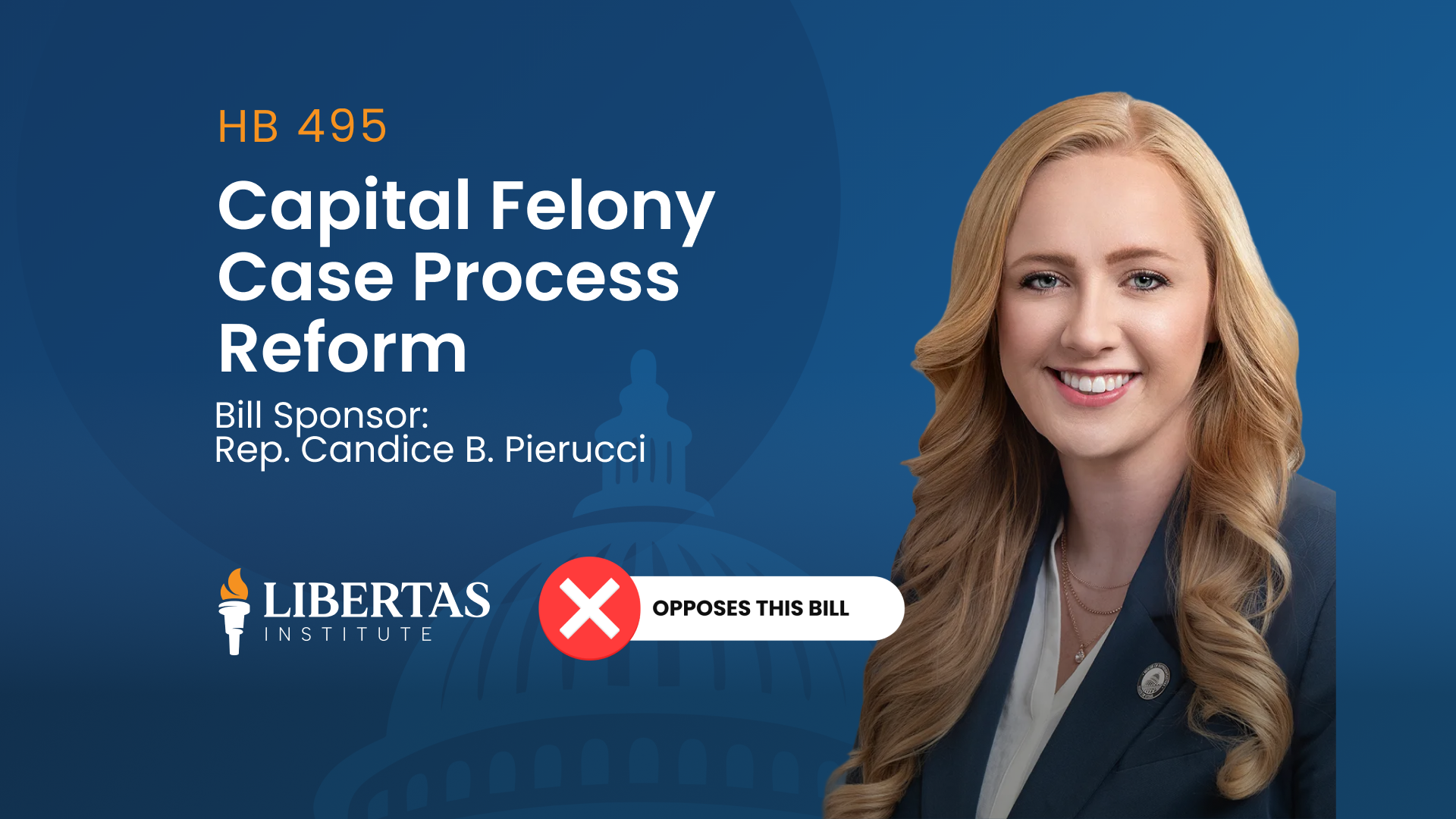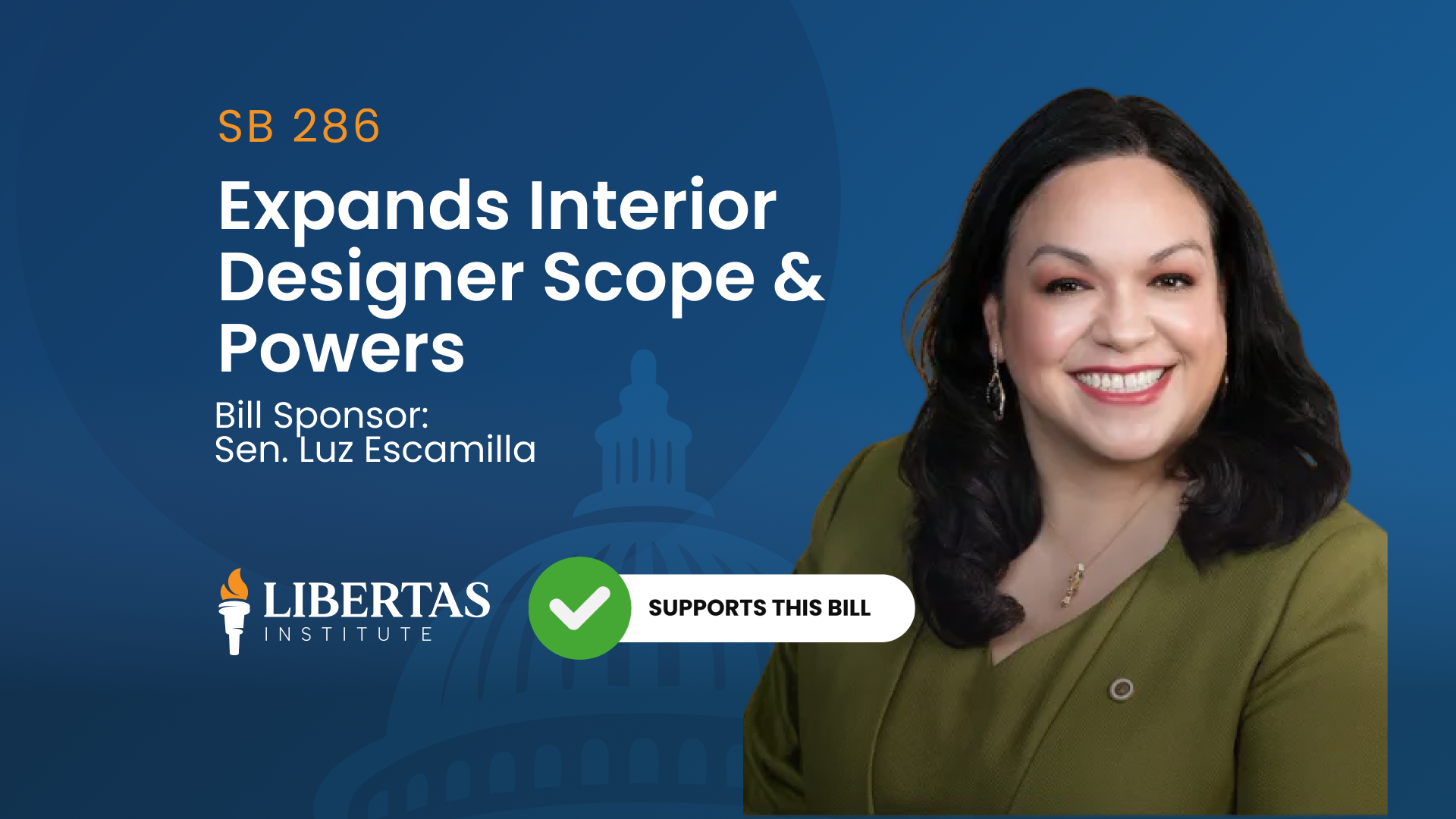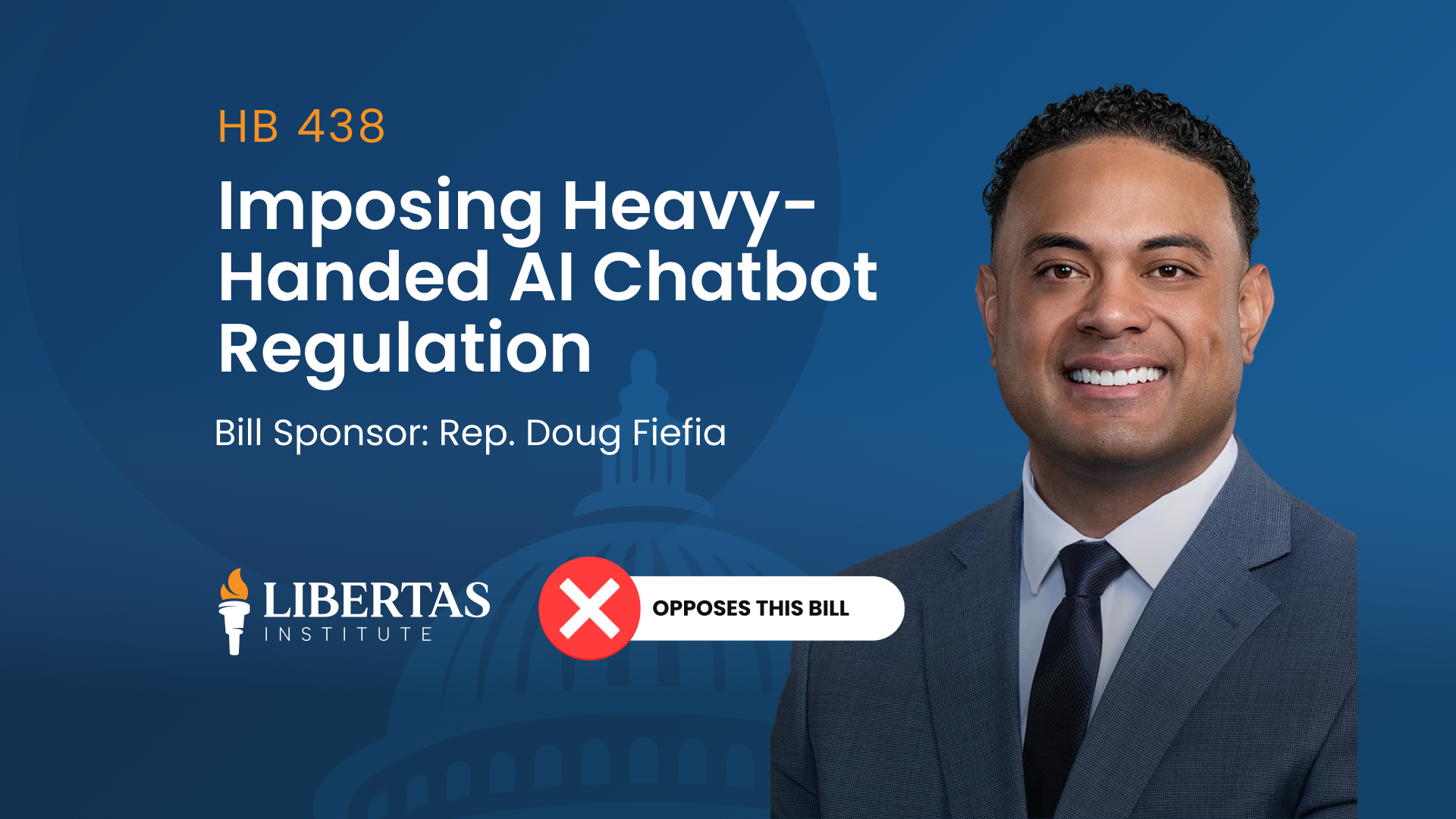This bill was not heard in the House or Senate. Libertas Institute supports this bill
If a physician recommends their patient undergo a procedure, that patient has the legal right to say no. Medical ethics in recent decades have increasingly aligned with informed consent, ensuring that individuals control what is done to their body.
Unfortunately, with physicians placed as legal gatekeepers to controlled substances, the same does not hold true of an instance in which a patient wishes to use a certain drug that a physician does not recommend, or that the law prohibits the physician from recommending.
This applies to suffering patients whose lives are about to end, who might wish to hasten that result—and not use a firearm, dangerous weapon, or concoction of other medications to achieve the outcome. While tragic and difficult, bodily autonomy demands that the right to decide what to ingest and do be left to the individual. Physician gatekeepers must not be criminalized for allowing such persons to access a drug they desire.
Representative Jen Dailey-Provost has sponsored House Bill 121 in order to set up a highly regulated process in which individuals might be able to obtain “aid-in-dying medication.”
Among other requirements, the following would have to occur:
- The patient must make both a verbal request and a written request (witnessed by two people) for the medication;
- The patient must repeat the verbal request more than two weeks after the initial request;
- The physician must present the patient with an opportunity to rescind the request, and inform the patient of feasible alternatives, including concurrent or additional treatments, palliative care, comfort care, hospice care, disability resources available in the community, and pain control;
- A second physician must confirm the diagnosis and attest that the patient is making a voluntary, informed decision;
- Age or disability alone are not qualifying conditions—there must be a terminal diagnosis of death within six months.
Individuals have the right to control their own bodies, and current drug policy unfortunately prohibits more humane life-ending options than gruesome alternatives that some people elect to utilize. Increased freedom—albeit highly regulated in this instance in order to mitigate any abuse or problems—is a generally beneficial thing in order to protect a patient’s medical autonomy.




